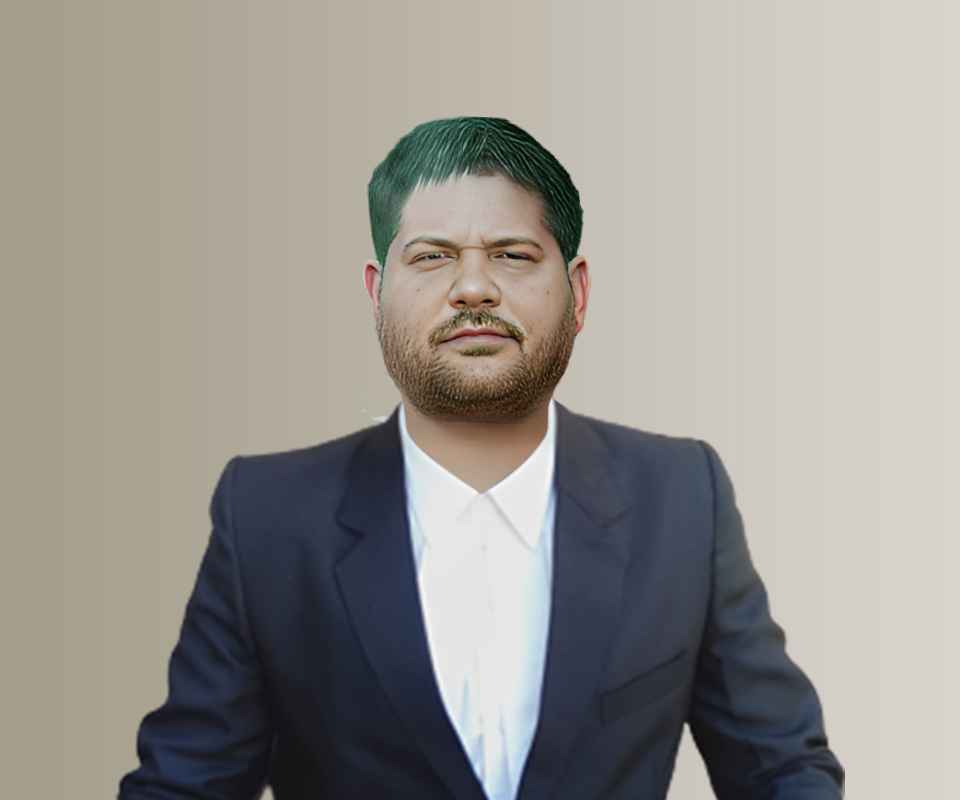Answer By law4u team
Copyright infringement occurs when someone uses a copyrighted work without the permission of the copyright holder. Infringement can result in serious legal consequences. Under Indian copyright law, there are several legal actions that can be taken against violators, including civil and criminal remedies. These remedies help copyright holders enforce their rights and seek compensation or prevent further violations.
Legal Actions Against Copyright Violators in India:
Civil Action for Copyright Infringement:
The copyright holder can file a civil suit in a court of law for copyright infringement. Civil action is typically sought when the copyright owner wishes to recover damages or seek other remedies like an injunction.
Remedies Available:
- Injunction: A court may issue an injunction to prevent the infringer from continuing the unauthorized use of the copyrighted work.
- Damages: The copyright holder can claim actual damages (the financial loss suffered due to infringement) or statutory damages (a fixed amount determined by the court).
- Account of Profits: The court may order the infringer to pay the profits they earned from the infringement.
- Destruction of Infringing Copies: The infringer may be ordered to destroy or remove any infringing copies of the copyrighted work.
Example: A music artist discovers that their song is being illegally distributed on a website. The artist can file a civil suit demanding the site owner stop distributing the song and pay for damages caused by the infringement.
Criminal Action for Copyright Infringement:
In addition to civil action, copyright infringement can also result in criminal penalties under the Copyright Act of 1957. Criminal action can be initiated if the infringement is willful and for commercial gain.
Penalties:
- Imprisonment: The infringer can face imprisonment for up to three years for the first offense, and up to seven years for subsequent offenses.
- Fines: The infringer may also face fines, which can range from ₹50,000 to ₹2,00,000. In the case of repeated violations, the fines can be increased.
- Seizure of Infringing Copies: The authorities can seize infringing copies of the copyrighted material.
Example: A manufacturer is found producing and selling counterfeit copies of a popular software program. The company could face criminal prosecution, leading to fines and possible imprisonment for the individuals involved.
Action Under the Digital Millennium Copyright Act (DMCA):
Although the DMCA is a U.S. law, it influences how Indian businesses handle digital copyright infringement, especially when it involves internet platforms like websites, blogs, or social media. In India, businesses can send a takedown notice to online platforms hosting infringing content. Many platforms, such as social media sites, follow DMCA-like procedures to remove copyrighted material that violates intellectual property rights.
Example: A photographer discovers their images are being used without permission on a website. The photographer can send a takedown notice to the website, requesting the removal of the images.
Alternative Dispute Resolution (ADR):
Instead of going to court, copyright holders and alleged infringers may attempt to resolve the issue through Alternative Dispute Resolution methods such as mediation or arbitration. This can save time and money compared to a lengthy court battle.
Example: A publisher and a writer may use mediation to resolve a copyright dispute over the unauthorized use of a book.
Customs Action:
Under Indian law, customs authorities can seize pirated goods at the border, preventing them from entering the market. Copyright holders can register their works with customs authorities to have goods containing infringing copies seized.
Example: A company that holds the copyright for a popular brand of DVDs can register the copyright with Indian customs. If counterfeit DVDs are brought into India, customs authorities can seize them.
Statutory Licensing:
In some cases, a copyright holder may choose to grant a statutory license for the use of their work. This allows others to use the work under specific conditions, without violating the copyright.
Example: A music publisher may grant a statutory license to a radio station to broadcast their music.
Steps in Filing a Copyright Infringement Lawsuit in India:
Cease and Desist Letter:
Before filing a lawsuit, the copyright holder may send a cease and desist letter to the infringer, demanding they stop using the work and cease all infringing activities.
File a Complaint:
If the infringer does not comply, the copyright holder can file a complaint with the relevant court or authorities, including specialized intellectual property tribunals.
Gather Evidence:
The copyright holder must gather evidence of infringement, including copies of the work, evidence of unauthorized use, and records of the infringer’s actions.
Court Proceedings:
Once the complaint is filed, the court will schedule hearings and determine whether the copyright has been infringed. If so, the court will award appropriate remedies.
Example: A company that owns the copyright for a popular mobile game finds that several third-party websites are distributing cracked versions of the game. The company takes the following actions:
- Sends a cease-and-desist letter to the website owners, demanding they remove the infringing copies.
- If the website owners refuse, the company files a civil suit for copyright infringement, requesting an injunction and damages.
- In case of criminal intent, the company may also initiate criminal action against the website owners for piracy.
Conclusion:
Copyright holders in India have various legal remedies at their disposal, including civil and criminal action, alternative dispute resolution, and customs enforcement. Businesses must take proactive steps to protect their intellectual property and can pursue legal action to address infringement, whether through lawsuits, takedown notices, or other legal mechanisms. By doing so, they can safeguard their creative works and ensure their rights are upheld.







